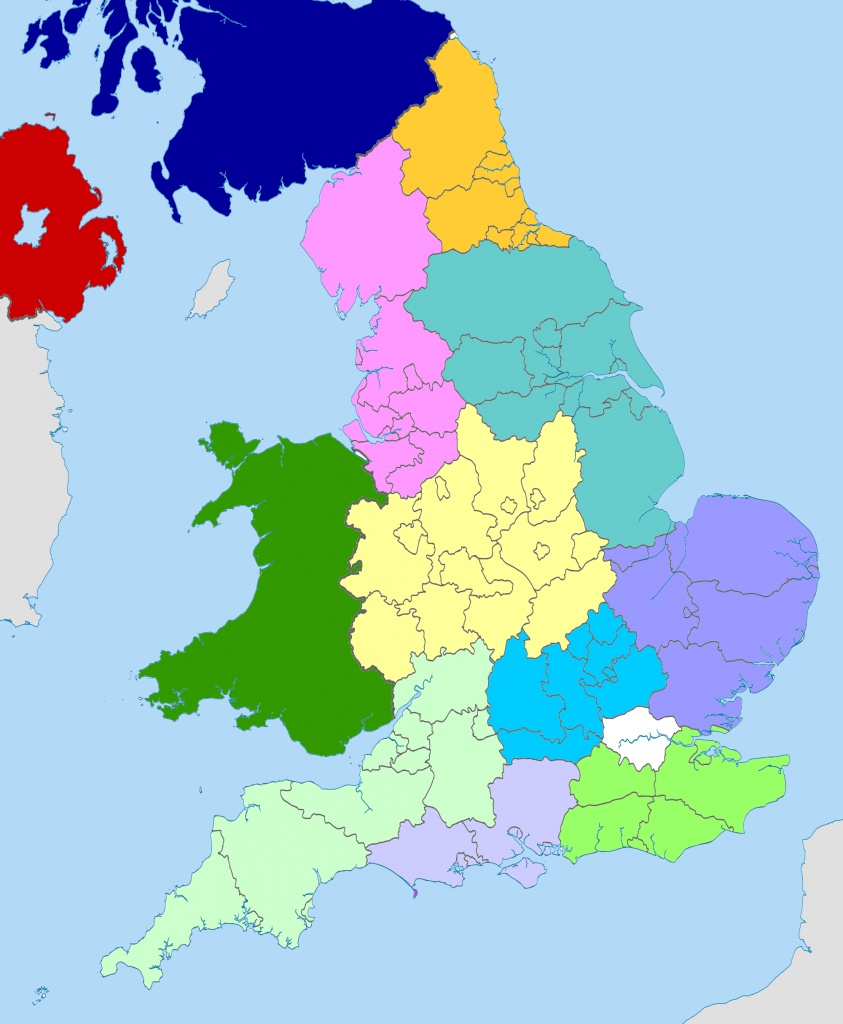Are the CIPR’s regional groups out of date?
Several professional things collided over the past week or so. It was the Yorkshire & Lincolnshire AGM on Wednesday. I’m leading a CIPR Task & Finish Group looking at public sector membership in Scotland (and, by extension, the rest of the UK), and which will feed in to a larger group looking at membership recruitment opportunities.
I’m also sitting on one looking at ‘regions’, which there aren’t terms of reference for yet – so everything that follows might be way off the mark, and certainly not ‘policy’. Just thinking out loud.
The Obligatory Short History Lesson

All the regional group have a constitution. You need a Chairperson, Deputy, Treasurer, Secretary and up to eight Voting Members. These are the people who determine the coming year’s programme and are financially responsible for the Capitation Grant funds sent every quarter. Like every Group we have trouble convincing people to take on one of the ‘Top Four’ posts. And I don’t think we’ve formally voted on anything since the decision to invite Max Clifford to speak at Northern Conference in 2012. Those were the days…
In 2014 I did a piece of work which went nowhere far, looking at Groups in England (hence the truncated map) and doing an outline analysis of membership data. As Chairman of Y&L, it always bugged me that Lincoln had around as many members as York, but that its next-closest city was Nottingham (CIPR Midlands). A Sykes-Picot stroke of the pen would divide CIPR Midlands into a West Midlands group, and an East Midlands one that Lincolnshire could fit into. That also matches the former Government Office Regions, which are still in use as statistical areas (NUTS Level 1, if you’re interested).
A change is coming
But since then, there’s been one huge change in region and sector groups: no more capitation. You can apply to HQ for funding for some things but you don’t get the money automatically. In short, what you spend you need to earn.
So why do we need a Group Constitution, Chairperson, Deputy, Treasurer, Secretary and up to eight Voting Members? Apart from the CIPR bit at the front, a CIPR region has little to formally connect it with the CIPR as a whole. Okay, there’s the Group List for regions during Council elections, but I don’t like those reserved spaces for region and sector groups – they discriminate against the smallest Groups, so I think all the seats should be Open List. Your mileage may vary.
And, as an aside: taking away the Capitation Grant means HQ has lost the one thing that kept all the Groups in line. But I’m sure it’ll be fine, and absolutely none of the sector groups are making a bid to regain their independence. #BalticStates
A future model?
But if we swept away the Ancien Régime, what would we replace it with? Ladies and Gentlemen, I give you… CIPR Local Groups.
A Local Group can be as large or as small as it needs to be. You need a Chairperson to lead, a Treasurer to provide some independent-ish fiscal scrutiny, but after that you just need a handful of willing volunteers to lead on projects such as events, social, etc. Empower those people to recruit others as they see fit, give them access to Eventbrite, Twitter, the web site, etc and trust them to do the job properly. Stick with term limits though – no fiefdoms here.
Leeds and Sheffield could have their own Local Group. Live in Barnsley? There’s nothing stopping you attending events put on by both. If you live in Sheffield but work in Nottingham you already have two regions to choose from.
Simplify the Constitution and make sure Local Groups follow it – otherwise they lose the CIPR designation and the chance to bid for money from the CIPR Local Groups Fund (the money that used to be the Capitation Grant).
PRide Awards? As before. Pick a location and venue and organise it. Pull together a team from the various Local Groups and make it happen as a ‘Yorkshire’ or ‘Yorkshire & Lincolnshire’ event.
Smaller, more local groups also increases the opportunities for people to participate in setting the events programme, and exposes more people to the CIPR and the professionalism agenda by creating more opportunities for them so to be. That can’t be a bad thing, can it?
